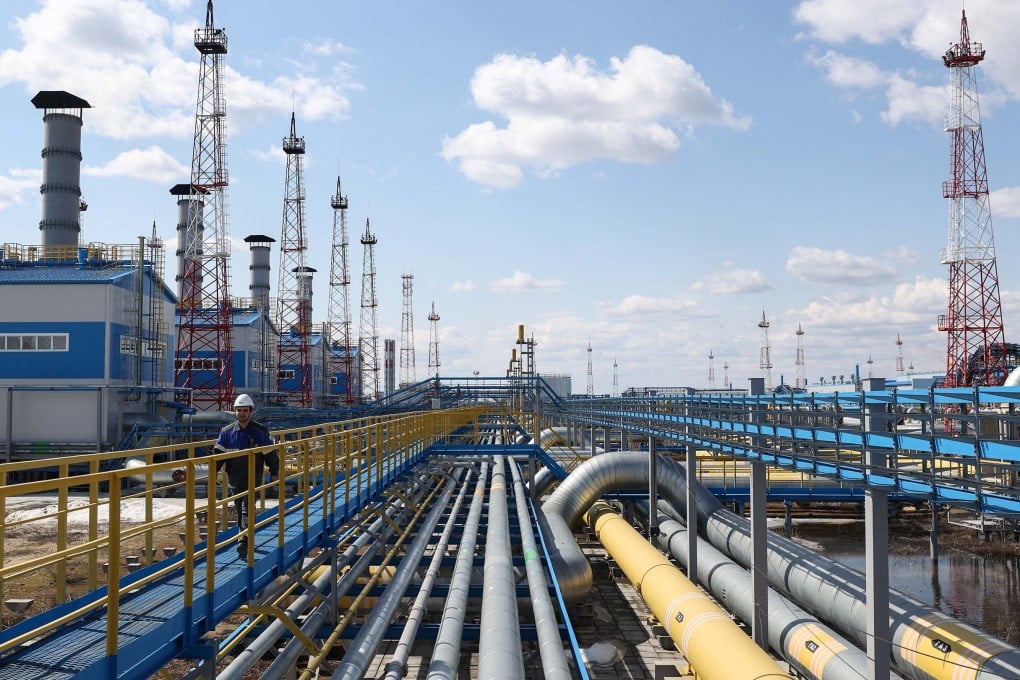China’s appetite for Russian energy is being hit by diminishing consumption, soaring prices
- Buyers in China appear more cautious on energy trade and investment with Russia – some are halting or reducing purchases, while others opt to use a third party
- Shrinking Chinese demand, stemming from extended lockdowns in major cities such as Shanghai, deemed the ‘single most deterministic factor affecting Chinese oil companies’ purchases abroad’

Since Russia invaded Ukraine, all eyes have been on China – waiting to see whether the world’s second-largest economy would provide support to its northern neighbour and “strategic partner”, either diplomatic or economic.
Nearly three months on, there has been no trace of direct diplomatic support from the China side, but there also has not been a condemnation of Russian aggression that many Western politicians had hoped for.
But the true picture might be muddier. Instead of China stepping up purchases of Russian products, soaring commodity prices may provide an alternative explanation, especially as stringent coronavirus lockdowns hit the richest regions in China in the past two months, strangling the economy and suppressing demand, according to experts.
Currently, around 80 per cent of Chinese imports of Russian products are minerals, and crude oil comprises more than 70 per cent of those imported minerals, according to Post calculations based on Chinese customs figures.